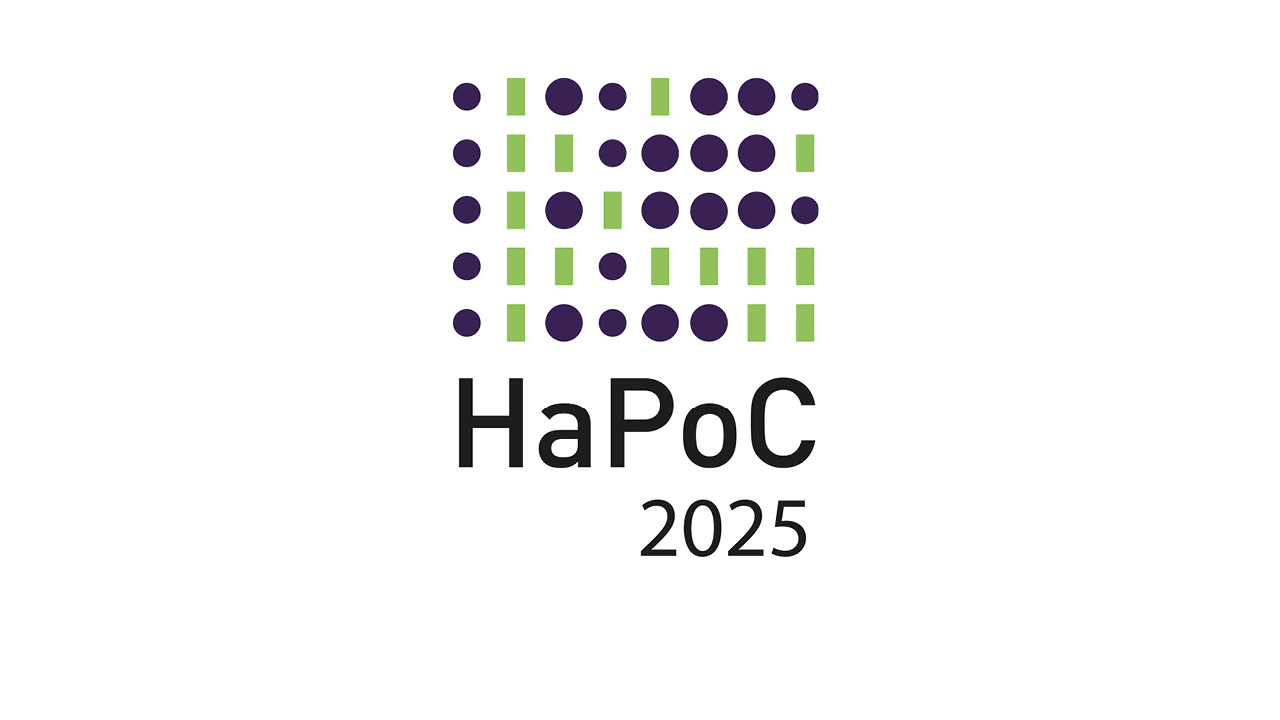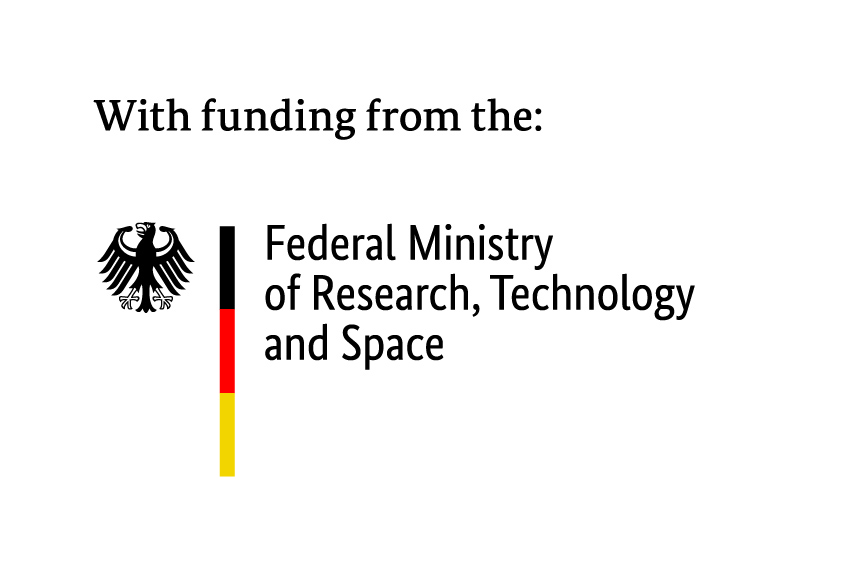
- This event has passed.
A Portrait of the Scientist as a User – Alexandre Hocquet (Nancy)

Abstract:
Why are computational chemists so peculiar ? The history of their relationship with software brings an interesting case study to understand how software may shape scientific activity. We present four key moments in this history — from 1962 to 2024 — to illustrate how visions of openness and user agency have evolved. These include a software-sharing initiative, controversies over licensing and user management, and debates about the Alphafold AI tool.
The multifaceted category of ‘users’ is key to understand discourses about opennness. We identify patterns of evolution in the relationship between software packages and the computational chemistry community. Throughout our narration, the notion of ‘users’ becomes more complex, in line with the commodification of programs into packages and the increasing complexity of the packages themselves.
Through the dyanmics of sharing, the legal consequences of software licenses, Non-Discolsure Agreements, and End-User Licence Agreements, we point out that the overall resulting pattern of evolution amounts to a kind of dispossession of scientists’ agency in their relationships with their tools. We propose to view the history of computational chemistry as the formation of a particular ‘repertoire’ where software is central and where the issue of the forms of collaboration and interaction among practitioners implies visions of openness of software development, circulation, maintenance and uses, all in friction.
This lecture is part of the 8th HaPoC Conference 2025 in Aachen.
If you would like to attend, please register with events@khk.rwth-aachen.de.


